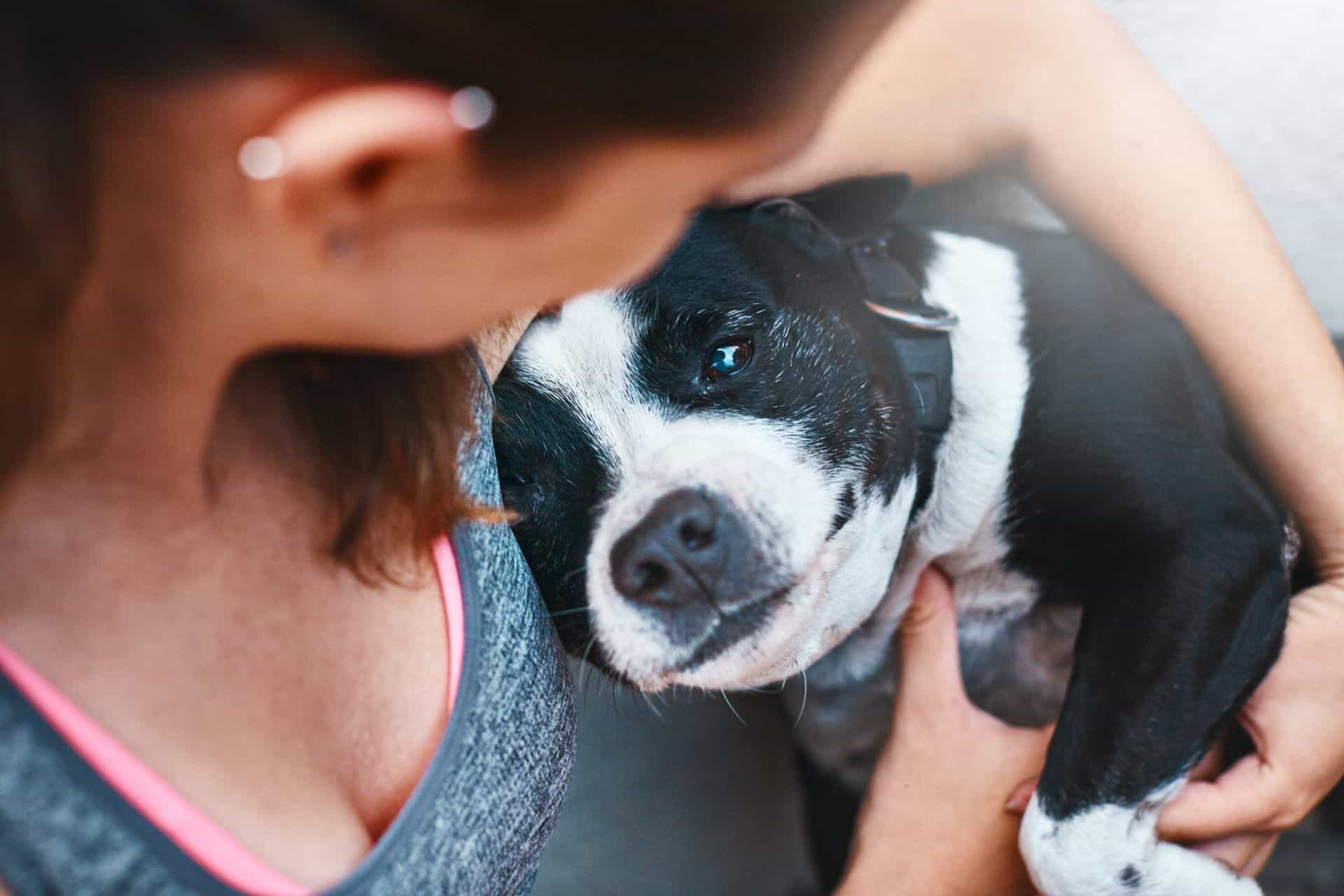How Does Pet Custody Work in Pennsylvania?

During a divorce or separation, there are many important and potentially contentious decisions that need to be made, such as child custody, spousal and child support, and the division of property. For many couples, this includes determining who keeps custody of a pet.
Although you may consider your pet to be a member of your family, as many people do, this is not how the law sees the issue in Pennsylvania. In Pennsylvania, pets are considered personal property. When the court determines child custody, they will hold the child’s interests above all else. However, pet custody is included in the division of property during a marriage. Despite the love that people have for their pets, the court views a pet the same way as they do any other material asset.
Pet Custody and Property Division
Pennsylvania is an equitable distribution state for property division in a separation. This means that if spouses cannot agree on dividing marital property in a way that the court deems fair, the court will divide the couple’s assets via equitable distribution. Equitable distribution is not a perfectly equal split of marital assets but instead looks at several factors in the marriage to determine a fair and equitable division. These factors may include:
- Length of the marriage
- Contributions of each spouse to the marriage, monetarily and non-economically
- Each spouse’s age and health
- The value of non-marital assets owned by each spouse
- Each spouse’s income and earning capacity
Marital assets refer to any assets the couple acquires during their marriage. An asset may be considered non-marital or separate if it was:
- Obtained prior to the marriage
- Inherited by or gifted to one spouse during marriage
- Acquired after separation
- Included in a marital agreement as separate property
A separate asset may become a marital asset if the other spouse makes significant financial contributions to the asset’s upkeep or growth or if marital assets are used for the same purpose. Often, this refers to circumstances where an individual owns a car or home prior to marriage and their spouse makes mortgage or car loan payments on the assets after marriage.
Because pets are considered property, marital and separate asset laws apply to them. If one spouse bought the pet before the marriage, the court will likely award them custody of their pet. One spouse can provide proof that they purchased the pet prior to the marriage, but there is a chance that financial contributions by their spouse make their pet a marital asset. A pet that was bought during marriage is considered marital property, and both spouses have equal rights to that pet. To determine whether a court will consider your pet a marital or non-marital asset, talk with a professional in animal law.
Separation Agreements and Determining Pet Custody
For many couples, it’s ideal to determine a divorce through a separation agreement rather than go through litigation. Not only is litigation more expensive and time-consuming, but couples have very little control over the outcome of asset division. If you’re concerned about how the court may decide to separate your assets, including custody of your pets, it’s in your interests to attempt mediation with your spouse and draft a separation agreement.
A separation agreement is not a perfect fix, but it may help. Unfortunately, it’s rarely in a pet’s interests to frequently move them between two homes, so one spouse will likely retain primary custody. A separation agreement can determine specifics for the care of pets, including:
- Visitation by the non-custodial spouse
- Where the pet will receive veterinary care
- The spouse who makes decisions about veterinary care
- How to handle situations where the custodial spouse is traveling or unable to care for the animal
- How to handle the pet’s death and remains
Unfortunately, Pennsylvania courts will not enforce a pet custody agreement. If one spouse violates the terms of the agreement, it can be hard to legally enforce your rights to your pet. This agreement instead provides you and your spouse with guidelines for the care of your pets. It can be frustrating, but pet custody agreements work most successfully when both spouses want to work with each other for their pet’s interests. An attorney can help you negotiate an agreement with your spouse and advocate for your needs in court if necessary.
FAQs
Q: What Determines Ownership of a Dog in Pennsylvania?
A: The Pennsylvania court may look at whether the dog was purchased prior to a marriage or during it. They may also look at who had the most financial responsibility for caring for the dog. A dog owned by one spouse prior to the marriage, and largely cared for by them, will likely remain with that spouse. If the spouses got the dog together, then determining custody will be more difficult. Both spouses have equal rights to the dog, and the court doesn’t often consider emotional attachment when determining pet ownership.
Q: Are Pets Considered Personal Property in Pennsylvania?
A: Yes, pets are considered personal property in Pennsylvania. Many pet owners consider their pets to be part of their family, so it can be difficult to know that the court doesn’t value them the same way. Pets being considered property means that owners are held accountable for damages done by their dogs. It also means that, in a divorce, pets are subject to equitable distribution if the court considers them a marital asset.
Q: What Is the Dog Confinement Law in Pennsylvania?
A: In Pennsylvania, a dog owner must always keep their dog confined using one of the following methods:
- 1. Kept on the owner’s premises
- 2. Collared and leashed or chained so that the dog can’t leave the premises
- 3. Under reasonable control of the owner or a person when hunting, performing in events, or field training.
Q: Is It Illegal to Leave Your Dog Outside in Pennsylvania?
A: No, it is not illegal to leave a dog outside. Under Pennsylvania law, it is considered animal neglect to deprive a pet of necessary food, water, and shelter. The shelter must provide protection from the weather and allow the animal to keep its body heat and remain dry. Animal neglect is a summary offense, but it becomes a 3rd-degree misdemeanor if the animal suffers or is at imminent risk of suffering bodily harm.
Contact The Animal Law Firm
At The Animal Law Firm, we believe in protecting the rights of animals and working to ensure that you and your spouse can come to an agreement about pet custody. We have years of experience fighting for animal welfare and have a unique understanding of animal law and pet custody. Contact us today for legal representation in a pet custody agreement or court case.





